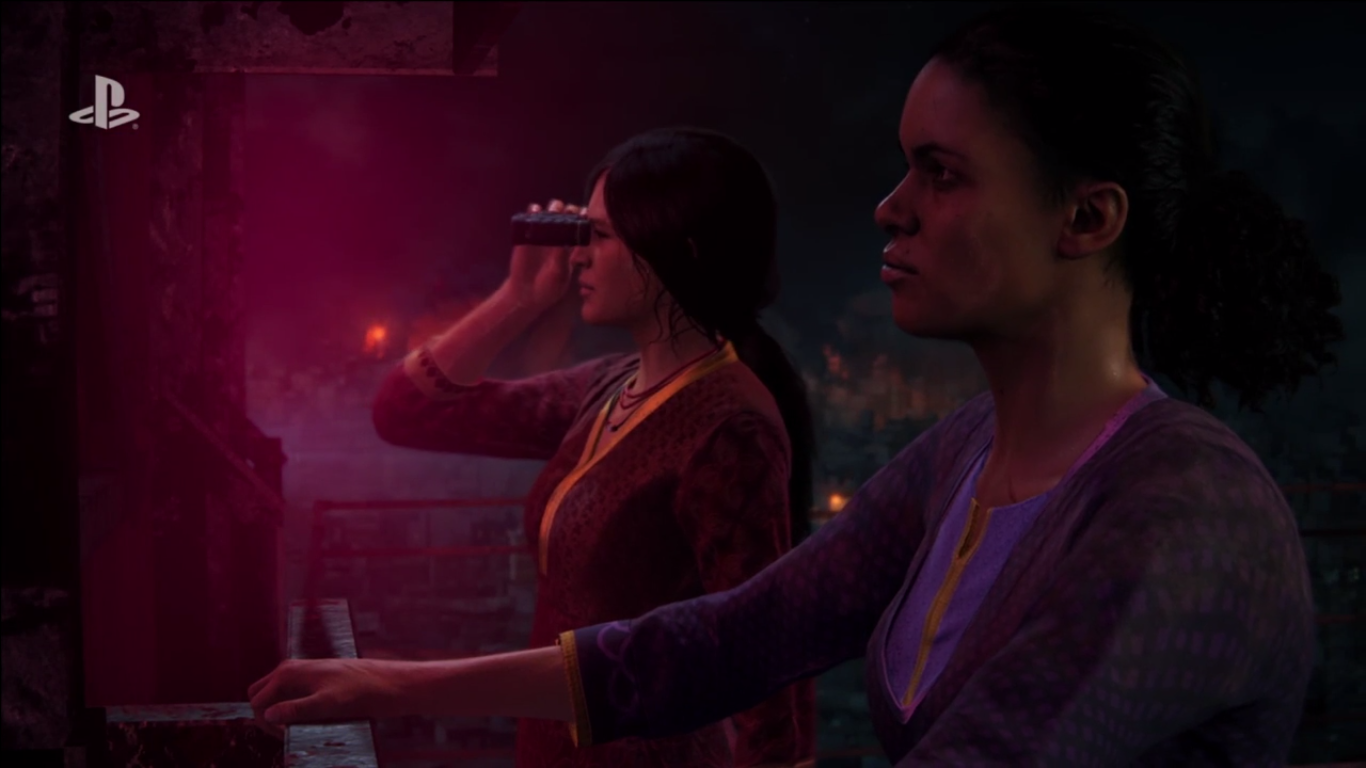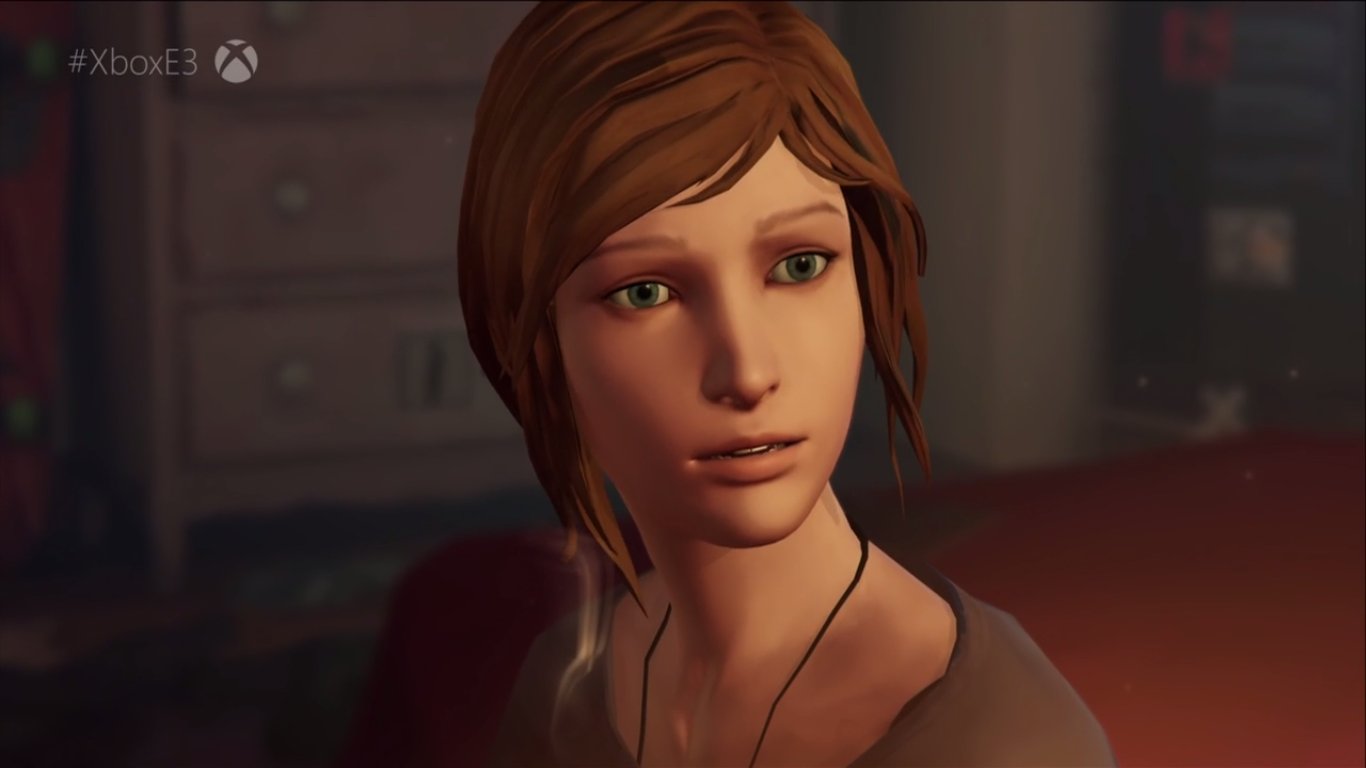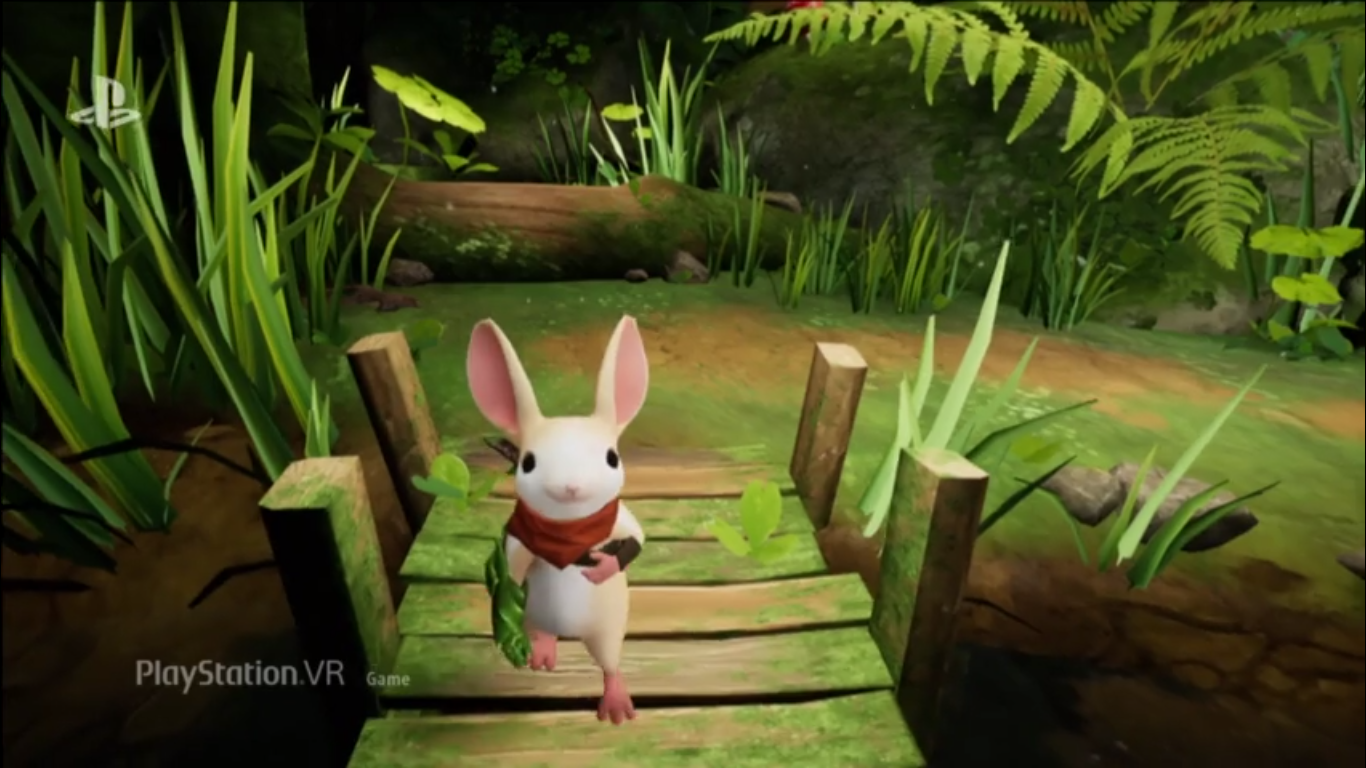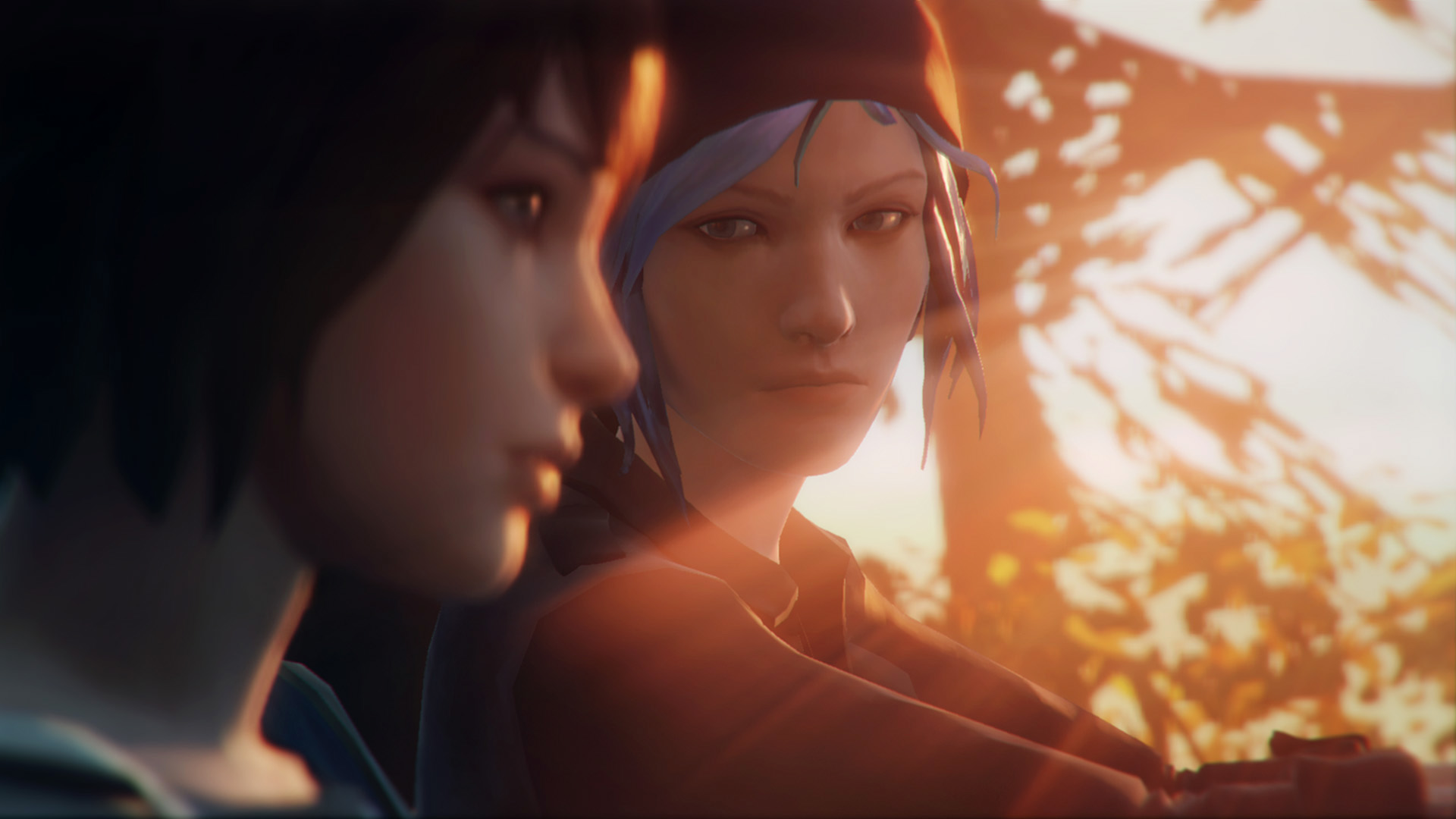You might have noticed during my Gender at E3 series that I wasn’t exactly blown away by any of the press conferences when it came to showing women. And stepping back now that the shows are done, things really come into a sharp focus: this was a terrible E3 for female protagonists.
Eight games. Tacoma. Life is Strange: Before the Storm. Dishonored: Death to the Outsider. Uncharted: The Lost Legacy. Horizon Zero Dawn: The Frozen Wilds. Star Child. Moss. Metroid Prime 4.
The DLCs
Dishonored: Death to the Outsider, Horizon Zero Dawn: The Frozen Wilds, and Uncharted: The Lost Legacy all build on games that already exist.
It is significant that The Lost Legacy and Death to the Outsider pass off the reigns to women of colour. In particular, The Lost Legacy’s shift from Nathan Drake to Indian-Australian Chloe and Black South African Nadine is a sharp departure.

Having said that, both Chloe and Nadine are voiced by white actors. In a similar vein, Death to the Outsider’s Billie Lurk is a black, bisexual, disabled woman, which is an incredible thing to see on an E3 stage – but she’s voiced by an Asian-American actress. (Not to mention that it’s likely that we will also have the choice to play the white, male Daud in this expansion, meaning it will have to be struck from this list anyway.)
And The Frozen Wilds doesn’t seem like it will make any changes to the original Horizon issue of having a white main character in a world that draws heavily on negative tropes relating to natives.
Having a female protagonist does not absolve you of intersectional issues
This isn’t “SJWs never being satisfied,” it’s that representation and inclusion isn’t a checkbox but a complex process that’s open to critique at every stage.
Which brings us nicely to Life is Strange: Before the Storm. A prequel to the original game, it’s exactly what I didn’t want because it has no way around playing into the Bury Your Gays trope. How exactly it will address Chloe’s feelings for Rachel is unknowable at this point, particularly considering that player choice will likely factor into it, but we know that they are ultimately separated by Rachel’s murder.

While we’re on the subject, I also wonder whether it will address the overwhelming whiteness of the first game.
Blink and you’ll miss it
The other four games were shown with various degrees of brevity. We know little about Star Child and Moss other than the fact that the former stars a robot woman and the latter a female mouse named Quill. Who is adorable. But a mouse nonetheless.

Tacoma was given very little airtime, but it was announced that it will be releasing August 2, so there’s not too much time to wait for this space exploration game that stars a black woman and her colourful, holographic crewmates.
Finally, there was a tiny reveal in Nintendo’s briefing for Metroid Prime 4, that showed nothing but the logo. (They also announced Metroid: Samus Returns, a 2.5D 3DS game, but in the later Treehouse presentation.)
We need female stories
Obviously there other games were shown where it will be possible to play a woman. Games from Skyrim VR to Ooblets feature character creation, and Bioware even broke with tradition to let a female character played by a woman lead the Anthem demo. (Again, it seems likely that Death to the Outsider will join this number, but Bethesda’s commitment to showing Billie specifically and exclusively (as they did with Emily Kaldwin last year) affords them the benefit of the doubt for now.)
But telling the story of a woman (or other marginalised person) is different, and usually more significant, than giving the player a one-size-fits-all narrative. Life is Strange, for example, was very clearly a story about queer women, and that’s why it’s so beloved. Its narrative and themes could not have been properly explored without specifically centring on Max and Chloe.

And the same goes for male-led stories. God of War 3’s trailer showed a tale about a father-son relationship built specifically into the constructs of masculinity. How well it will succeed in deconstructing those issues is an as-yet-unresolved question, but the point is that stories crafted for particular characters can examine many ideas in ways that blank slates cannot.
But with over 30 games shown during E3 that were dedicated to the stories of men, having just eight telling women’s tales is disappointing.
Jay Castello
Latest posts by Jay Castello (see all)
- Assassin’s Creed: Origin’s Discovery Tour Mode is Great - February 23, 2018
- Celeste’s Assist Mode Brings Welcome Accessibility Options - January 25, 2018
- Overwatch Finally Sent Me A Notification About an Abuse Report - January 12, 2018
